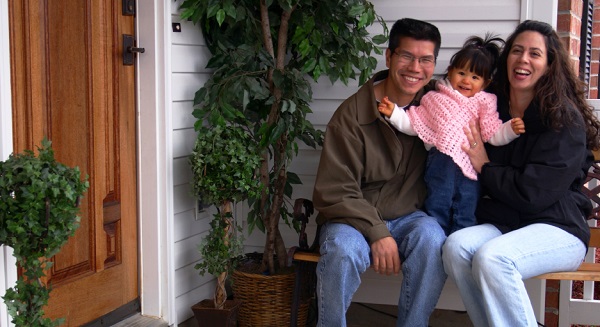10 Home Improvement Tips to Save Energy and Money During Winter
By Michael Zuren, PhD Updated on 12/11/2014 There are many advantages to owning a home, but energy bills in the winter are not one of them. Fortunately, we have the top 10 energy-saving tips you can use this winter to help reduce your energy bills.
There are many advantages to owning a home, but energy bills in the winter are not one of them. Fortunately, we have the top 10 energy-saving tips you can use this winter to help reduce your energy bills.
These energy-saving tips may not only save you money, but also make your house safer and more comfortable. You can even implement one or more of these strategies to help lower your energy costs and make your house more comfortable during the frigid months. Keep an eye out for home improvement resources inside:
1. Get a home energy audit.
The Department of Energy website provides instructions for do-it-yourself audits as well as a list of professional energy auditors. A professional energy audit inspection will inspect your house to see how efficiently energy is being used. Your energy usage and habits will be evaluated to determine your optimal energy usage.
2. Cover your windows.
If you have older or drafty windows, you should be able to purchase at any hardware store a heavy-duty clear plastic sheet that you can tape firmly to the inside of your window frames. The plastic (if sealed properly) will reduce infiltration of colder air.
3. Invest in a programmable thermostat.
Depending on the time of the day, a programmable thermostat can adjust the temperature in your house. When you are in the home or at night it could adjust the temperature to the lowest possible setting which is still comfortable. This could easily reduce your heating expense by 10% per year.
4. Hunt for house leaks.
One way to tell if you have leaks is to watch for spiders, bugs and rodents. Leaks or gaps in your house let spiders and bugs in. In every house there are leaks, which could be gaps in unfinished spaces, such as doors, around chimneys, and lights. Also, insulation could be needed in the walls, crawlspace, and attic to eliminate gaps. The first step is to detect the leaks (you may need to contact a local contractor). Once you’ve located the leaks you could use caulk or weather stripping to seal the leaks. You can also increase the installation in your attic. Insulation R-38 may reduce your heating costs by up to 20%. Leaking duct work is a significant area for heat loss. You may have to contact a contractor or your local utility company to assist you in sealing leaks in your house’s duct work.
5. Maintain proper heating system upkeep.
Your furnace or boiler should be inspected by an HVAC inspector annually. Your furnace filter should be replaced monthly during the colder months.
6. Mind your unused fireplace.
Unless you are using your fireplace, you should always keep your damper closed. If your damper is open in the winter it is equivalent to leaving a window open.
7. Turn down the water heater.
Water heaters account for an average of 20% of the energy used by a typical household. If you turn the temperature on your water heater to the middle setting (120°), you will reduce your heating expense. Also, wrapping your hot water tank with an insulation jacket will reduce heat loss.
8. Install energy efficient doors and windows.
When replacing windows and doors investigate energy-efficient options. Higher quality and better insulation can have a significant impact on your energy expense.
9. Old faithful: turn the lights off.
When you’re not in a room or you are not at home, make sure the lights are off. For security, the use of lighting controls can be used which will reduce your electricity bill.
10. Unplug appliances and electronics.
When you’re not at home, unplug appliances and electronics such as DVDs, TVs, toasters, and computers. Appliances and electronics use energy if they are plugged in even when they’re turned off. Many appliances and electronics require minimal electricity even when they are shut off.
The cold weather is just around the corner, and now is a perfect time to make sure that you can keep the cold air out in the warm air in!

Didn't find the answer you wanted? Ask one of your own.

Contributing Authors
Related Articles
Ask our community a question.
Searching Today's Rates...

Featured Lenders
Lisa Stepp
RBS Citizens
Clifton Park, NY
Kat Whitman
Whitman Met, Inc.
Sacramento, CA
Cameron Burke
Vision One Mortgage
Huntington Beach, CA

.jpg)


